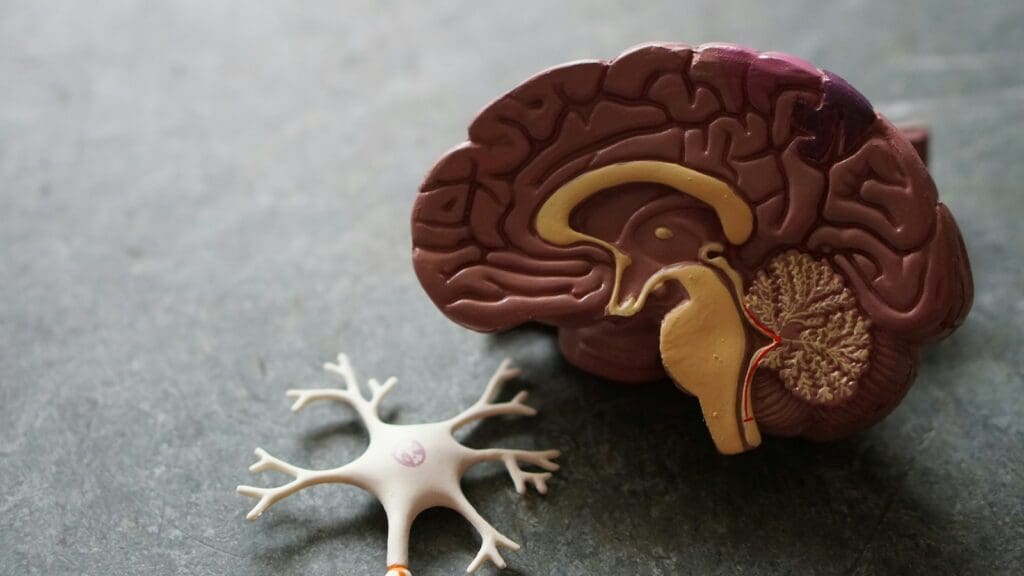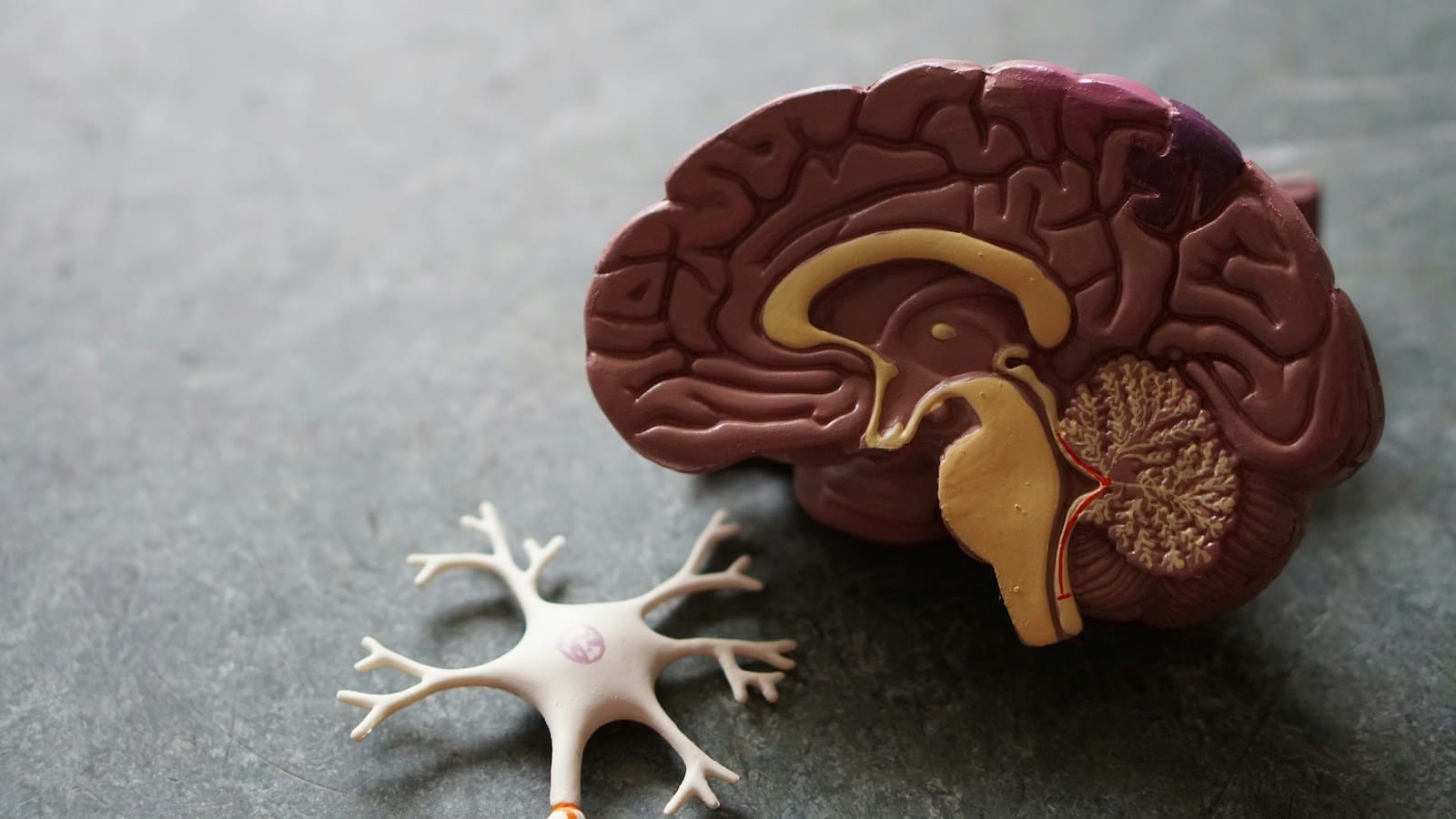
A Comprehensive Guide
Alzheimer’s disease presents profound challenges not only to those diagnosed but also to their families and caregivers. In San Antonio, a network of care and support services specifically tailored to meet the needs of individuals living with dementia is available. This support infrastructure offers a variety of resources including educational programs, support groups, and individualized planning services aimed at improving the quality of life for both seniors struggling with the disease and the people who care for them.
The local chapter of the Alzheimer’s Association provides an invaluable resource for those affected by the disease. They offer educational programs and support groups, designed to equip caregivers with the necessary tools to manage the day-to-day challenges of Alzheimer’s care. Furthermore, it’s acknowledged that caregiver health is crucial, hence services that stress the importance of their well-being, like respite care options, are made accessible to allow caregivers to take essential breaks.
Beyond nonprofit support, the federal government aids caregivers via online resources providing information on a wide range of topics related to Alzheimer’s and dementia care. With an emphasis on recognizing caregivers’ limits and understanding when to seek help, many families find these government resources essential for navigating the progression of the disease. These structured networks of support serve to alleviate the burden on caregivers, providing them with the means to sustain long-term care for their loved ones.
Understanding Alzheimer’s Disease
Alzheimer’s disease is a progressive neurological disorder that primarily affects seniors, leading to memory loss, decline in cognitive functions, and changes in behavior. It is the most common type of dementia, and understanding its definition, symptoms, and phases is crucial for providing appropriate care and support.
Definition and Symptoms
Alzheimer’s disease is characterized by the degeneration of brain cells, which leads to a continuous decline in thinking, behavioral and social skills. This affects a person’s ability to function independently. The early stages of Alzheimer’s may include mild memory loss and changes in cognitive abilities, which are often mistakenly dismissed as normal aging.
Common symptoms in the early stage involve:
- Memory lapses, such as forgetting recent conversations or events.
- Difficulty with familiar tasks, like managing finances or following recipes.
- Challenges in problem-solving or planning.
- Changes in mood, including apathy and depression.
Diagnosis and Stages
Diagnosis of Alzheimer’s disease is based on medical evaluation, including:
- A detailed medical history.
- Mental status testing.
- Physical and neurological exams.
- Brain imaging.
There are three general stages of Alzheimer’s disease—mild (early stage), moderate, and severe. Each stage is associated with more pronounced symptoms and increased dependency. In the early stage diagnosis, individuals may still maintain a level of independence despite experiencing memory lapses and mild cognitive difficulties.
Support for Caregivers
Caregivers of individuals with Alzheimer’s in San Antonio have access to specialized support aimed at managing the complexities of caregiving. This support includes educational resources, professional advice, and communal assistance.
Caregiving Responsibilities
Caregivers shoulder a variety of responsibilities, ranging from daily personal care to health care coordination. The Alzheimer’s Association provides crucial information on Caregiving, covering aspects such as well-being maintenance and support system development.
Support Groups and Resources
Connecting with support groups affords caregivers the opportunity to network with peers facing similar challenges. The National Institute on Aging (NIA), part of the National Institutes of Health, offers extensive resources for caregivers to learn about financial and health care planning.
Caregiver Support Group
Joining a Caregiver Support Group is beneficial for sharing experiences and strategies. Alzheimer’s Texas provides a 24/7 Helpline, and the Alzheimer’s Association hosts ALZConnected, a free online community platform.
Managing Caregiver Stress
Managing stress is critical for caregivers. Utilizing tips from social work professionals and consulting with health care providers can help in reducing the emotional and physical burden. The National Institute on Aging provides guidance on self-care and stress management techniques.
Healthcare Services for Alzheimer’s Patients
San Antonio offers a range of healthcare services designed to meet the needs of Alzheimer’s patients. These services include in-home care, specialized accommodations, ongoing care solutions, and end-of-life support.
Home Care Services
In-home care is essential for maintaining the quality of life for Alzheimer’s patients. Home care services focus on assisting with daily activities such as bathing, dressing, and eating. Additionally, home health care services extend to medical care when necessary, ensuring the patient’s safety and well-being within the comfort of their home.
Assisted Living Facilities
For seniors requiring a balance of independence and support, assisted living facilities in San Antonio provide a suitable environment. These facilities are equipped to handle the special needs of Alzheimer’s patients, offering structured care programs, social activities, and 24/7 staff availability to aid with daily living tasks and medical needs.
Long-Term Care Options
Alzheimer’s disease often necessitates long-term care to address the progressive nature of the illness. Options in San Antonio range from nursing homes that provide comprehensive medical and personal care to specialized dementia care units designed for intensive support and supervision.
Hospice and Palliative Care
When an Alzheimer’s patient reaches advanced stages, hospice and palliative care services become integral. These services prioritize comfort, offering pain management and emotional support for the patient and respite care to relieve family caregivers. Hospice services in San Antonio aim to ensure dignity and quality of life at the end of life’s journey.
Financial Planning and Assistance
Navigating the complex landscape of financial planning and finding assistance for Alzheimer’s care is essential for seniors and caregivers in San Antonio. With the right guidance on Medicare, Medicaid, and various financial resources, they can make informed decisions on managing care expenses.
Understanding Medicare and Medicaid
Medicare is a federal program that provides health coverage if one is 65 or older or has a severe disability, no matter the income. Medicare parts A and B cover hospital stays, physician visits, and other traditional medical services. However, long-term care needed by many with Alzheimer’s is not covered under Medicare.
In contrast, Medicaid is a state and federal program that provides health coverage if one has a very low income. Medicaid does cover the largest portion of long-term care services for Alzheimer’s, but eligibility varies by state, and one must meet income and asset limits that differ by location.
Paying for Alzheimer’s Care
The costs of Alzheimer’s care can be daunting, with services like non-medical home health aides costing on average $28.64 per hour and assisted living facilities averaging $4,774 per month. One must carefully consider various available options such as:
- Personal assets: Utilizing savings, retirement accounts, or other personal funds.
- Employee benefits: Looking into employer-provided retiree health benefits.
- Insurance: Evaluating long-term care insurance policies.
Financial Resources and Aid
Several financial resources may be available to help with Alzheimer’s care costs. Government assistance programs aside from Medicaid may offer support. Local San Antonio non-profits or foundations often provide grants or aid for seniors with dementia.
For accurate financial planning, caregivers should use tools such as the Financial and Legal Document Worksheet to organize documents and take inventory of assets and debts. It is also crucial to involve family members in the financial planning process to ensure comprehensive coverage of the care recipient’s needs.
Safety and Living Adjustments
Ensuring the safety of individuals with Alzheimer’s and making necessary living adjustments are crucial to support their well-being. These measures help manage risks and enhance daily functioning within their living environments.
Home Safety Considerations
When addressing home safety for individuals with Alzheimer’s, one must evaluate the environment for potential hazards and implement safeguards. It’s essential to consider installing locks on cabinets containing harmful substances, securing rugs to prevent slips, and ensuring good lighting throughout the home to aid in visibility. Utilizing technology for safety, such as automatic shut-off devices for appliances, can prevent accidents.
- Kitchen: Store sharp instruments and breakable items securely. Install safety knobs on the stove.
- Bathroom: Use non-slip mats in the bathtub and on the floor. Install grab bars for support.
- Living Areas: Remove clutter to create clear pathways. Keep emergency numbers readily available.
Adjustments for Daily Living
Making adjustments for daily living involves adapting the living space and routines to align with the individual’s abilities and needs. Labeling cabinets, doors, and drawers with clear, easy-to-read words or pictures can help individuals navigate their homes more independently. Simplifying tasks by breaking them down into smaller steps and maintaining a consistent routine aids in preserving a sense of structure and security.
- Clothing: Choose simple clothing with Velcro fasteners or elastic waistbands to facilitate dressing.
- Meals: Provide utensils designed for ease of use and consider serving foods that require minimal cutting.
By focusing on these safety and living adjustments, caregivers can create a supportive environment that minimizes risks and assists seniors with Alzheimer’s in navigating their daily lives more safely and with greater ease.
Local Alzheimer’s Resources in San Antonio
San Antonio offers a variety of Alzheimer’s resources tailored to seniors and caregivers, including dedicated support groups, professional consultations, and specialized training programs. These local services provide invaluable assistance for those impacted by Alzheimer’s disease.
Community Support and Resources
San Antonio extends a supportive hand to those facing the challenges of Alzheimer’s with community initiatives and resources. The Alzheimer’s Association San Antonio & South Texas Chapter provides 24/7 care and support. One can connect with them for resources, discuss with a dementia expert, or set up care consultations. The Caring for the Caregiver program at UT Health San Antonio fosters a Dementia Friendly San Antonio, an initiative committed to increasing public awareness and creating supportive networks for those living with dementia.
- Alzheimer’s Association San Antonio & South Texas Chapter: Open Monday-Friday (1.800.272.3900) (Alzheimer’s Association).
- Caring for the Caregiver: Empowering a dementia-friendly community (UT Health San Antonio).
Consultations and Training
For caregivers seeking consultations and training, resources are available that provide experiential learning and expert advice. The Second Wind Dreams® Virtual Dementia Tour® offers a unique experience simulating the challenges faced by those with dementia, which can significantly enhance caregivers’ understanding and compassion.
- Virtual Dementia Tour®: An experiential learning tool available for caregivers (Second Wind Dreams).
Local Chapters and Service Providers
In San Antonio, local chapters and service providers play a critical role in delivering specialized Alzheimer’s support services. Meals on Wheels San Antonio exemplifies this with its Grace Place Alzheimer’s Services, ensuring those with Alzheimer’s and their loved ones have access to essential care and aid.
- Meals on Wheels San Antonio – Alzheimer’s Services: Contact Christina Avena, Alzheimer’s Services Director (210-735-5115) (Meals on Wheels San Antonio).
By harnessing these varied resources, San Antonio provides a supportive environment for both Alzheimer’s patients and their caregivers, aiming to improve the quality of life and care within the community.
Educational Opportunities and Information
Alzheimer’s disease presents a critical need for accurate and current educational resources for patients and caregivers. Below are focused educational avenues in San Antonio that cater to these needs effectively.
Classes and Conferences
Classes specializing in Alzheimer’s care are crucial for providing caregivers with the necessary skills to support those affected. In San Antonio, educational programs like the Caring for the Caregiver at UT Health San Antonio offer classes and workshops. These initiatives are fueled by grants and donations, ensuring that the latest caregiving techniques are taught by qualified professionals.
Table 1: Featured Classes in San Antonio
| Class Title | Description | Provider |
|---|---|---|
| Dementia Care | Comprehensive caregiving techniques for dementia patients | Caring for the Caregiver |
Conferences are pivotal for disseminating the latest Alzheimer’s research and care strategies to a wider audience. One can attend various conferences that may be held annually by reputable organizations like the Alzheimer’s Association, providing a platform for information specialists to share advances in the field.
List of Annual Conferences in San Antonio:
- Alzheimer’s Association Annual Conference
Accessing Reliable Information
When seeking reliable information, caregivers and patients must turn to trusted sources. Alzheimer’s & Dementia Training & Education Center provides online education programs that are accessible 24 hours a day. For those requiring information in Spanish, they offer resources to accommodate this need as well.
Here is the key to accessing up-to-date and accurate government resources:
- Navigate to Alzheimers.gov for the latest federal updates on Alzheimer’s research and education.
- Rely on organizations like the Alzheimer’s Association for a blend of local and national educational material that is consistently updated.
Utilizing Online Platforms for Information:
- Government Sources: For the most current policies and research.
- Specialist Organizations: For detailed and specialized knowledge in specific areas of Alzheimer’s and dementia care.
Professional Support and Advice
Professional support and advice are essential for individuals dealing with Alzheimer’s, ensuring they have access to specialized knowledge and resources for effective care management.
Seeking Expert Consultation
Those in San Antonio can seek expert consultation from physicians and social workers who specialize in dementia care. These professionals provide comprehensive care consultations, offering guidance tailored to each individual’s needs. Local nonprofit organizations such as the Alzheimer’s Foundation of America also offer insights and access to experts in the field, facilitating better understanding and management of the disease.
Utilizing Helplines and Referral Services
For immediate support, caregivers and patients can utilize helplines like the Alzheimer’s Association’s 24/7 Helpline, staffed by knowledgeable personnel ready to provide assistance. The helpline offers reliable information, advice, and referrals to local community programs and services. Moreover, the National Institute on Aging (NIA) connects individuals with scientists and resources to aid in the care of those with Alzheimer’s and related dementias.
Research, Development, and Hope for a Cure
In San Antonio, the commitment to combating Alzheimer’s disease is evidenced through ongoing research and development, as well as an unwavering hope for a cure. Efforts are specifically tailored to provide targeted support to seniors and caregivers facing this challenging condition.
National Institute on Aging’s Role
The National Institute on Aging (NIA) plays a pivotal role in advancing research for Alzheimer’s and related dementias. By funding crucial studies, NIA seeks to understand the disease’s impact better and to develop a cure. Their continuous progress in scientific discovery provides a beacon of hope for effective treatments and, ultimately, a possible cure for Alzheimer’s disease.
Counseling and Mental Health Support
In addition to research, the NIA recognizes the need for counseling and mental health support for those affected. Integral services that focus on the psychological well-being of patients and caregivers are essential. These services aim to mitigate the stress and emotional burden that Alzheimer’s disease can place on individuals and families. Through counseling and support programs, individuals in San Antonio have access to care that addresses the mental health challenges associated with dementia.






